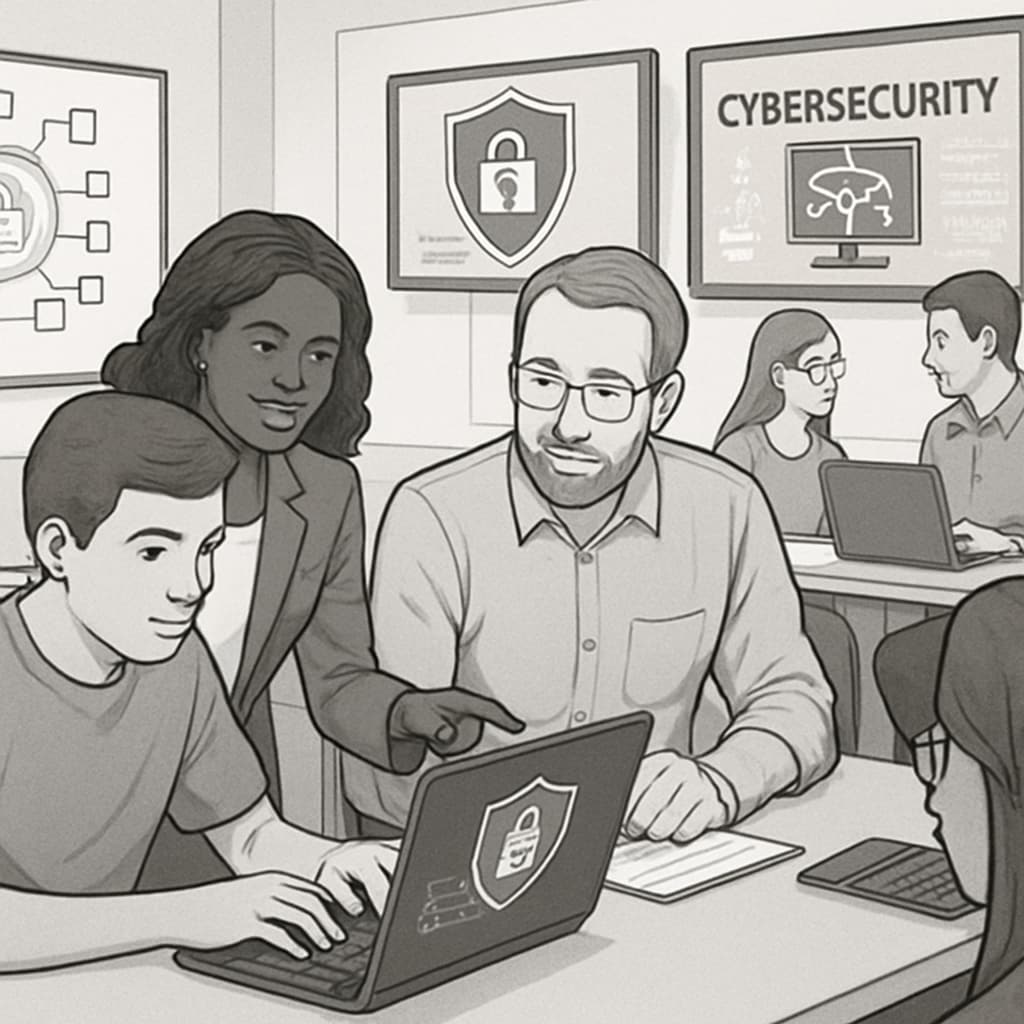As the demand for cybersecurity professionals continues to rise, many students and parents find themselves grappling with how university selection can influence career outcomes. Questions such as “Does attending a prestigious institution guarantee better job prospects?” or “Will practical skills outweigh the university’s reputation?” are common. This article explores the relationship between university reputation and employment opportunities in the cybersecurity field, with a focus on balancing education choices for long-term career success. Institutions like the University of Maryland Global Campus (UMGC) are reshaping the conversation by emphasizing practical skills alongside academic credentials.
Why University Reputation Matters in Cybersecurity
University reputation often serves as a first indicator of educational quality for employers. Prestigious institutions usually have established industry connections, recognized faculty, and access to cutting-edge resources. For example, attending a well-known cybersecurity program can provide students with unique opportunities for internships, mentorships, and exposure to high-profile companies. These factors can make a strong initial impression on employers.
In addition, universities with strong reputations often have alumni networks that can accelerate graduates’ career growth. Alumni frequently serve as advocates, helping new graduates navigate the job market in competitive fields like cybersecurity. However, reputation alone does not guarantee a successful career. Many hiring managers in cybersecurity prioritize practical skills, certifications, and real-world experience over a university’s name.

Practical Skills vs. Prestige: Striking the Right Balance
In cybersecurity, the ability to demonstrate hands-on skills can outweigh the prestige of a university degree. Employers often look for candidates who possess certifications like CompTIA Security+, Certified Information Systems Security Professional (CISSP), or Certified Ethical Hacker (CEH). These credentials indicate that a candidate has the technical knowledge to address real-world threats.
Universities like UMGC are leading the charge in offering programs that blend theoretical knowledge with practical experience. For example, UMGC’s cybersecurity curriculum is designed to equip students with industry-relevant skills while also preparing them for globally recognized certifications. This approach allows graduates to demonstrate both academic achievement and job readiness.
When evaluating universities, students should consider the following:
- Does the program include opportunities for internships or cooperative education?
- Are there partnerships with industry leaders or government agencies?
- Does the curriculum prepare students for key certifications?
Balancing these factors can help students maximize both academic and career outcomes.

How to Make an Informed Decision
Choosing the right university for a cybersecurity career requires careful consideration. Here are actionable steps to guide the process:
- Research Program Accreditation: Ensure the program is recognized by relevant accrediting bodies, such as the National Security Agency’s Center of Academic Excellence.
- Evaluate Faculty Expertise: Look for programs led by faculty with industry experience in cybersecurity.
- Seek Out Success Stories: Review alumni career paths and success rates to assess the program’s impact.
- Consider Cost vs. Return on Investment (ROI): Weigh tuition costs against potential earnings in the cybersecurity field.
Ultimately, the goal is to find a program that balances theoretical knowledge, hands-on skills, and affordability. Institutions like UMGC provide a compelling model by combining academic rigor with practical application, ensuring graduates are well-equipped for the demands of the cybersecurity workforce.
The Future of Cybersecurity Education
As cybersecurity threats evolve, so too must educational programs. Universities that prioritize innovation, adaptability, and collaboration with industry stakeholders will remain ahead of the curve. For students, this means selecting institutions that are not only reputable but also forward-thinking. By balancing university reputation with skill development, graduates can position themselves for success in a dynamic and growing field.
In conclusion, while university reputation can open doors, it is the combination of practical skills, certifications, and work experience that ultimately determines a cybersecurity professional’s career trajectory. Students should prioritize programs that offer a well-rounded education, such as those provided by UMGC, to ensure long-term success in this high-demand industry.
Readability guidance: Short paragraphs and clear subheadings improve readability. Lists highlight key points, while transitions like “however” and “in addition” ensure a smooth flow of ideas. The article balances active voice and concise explanations to maintain engagement.


